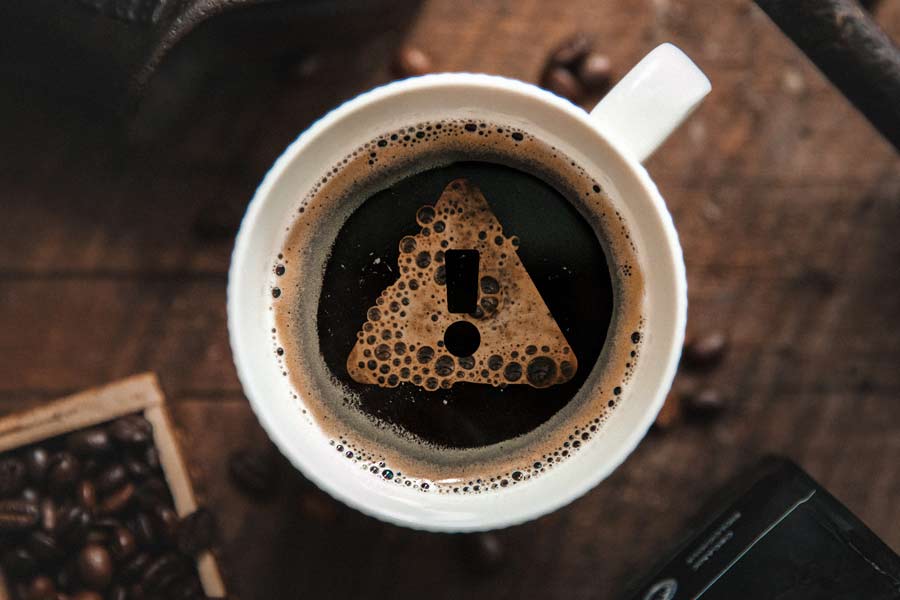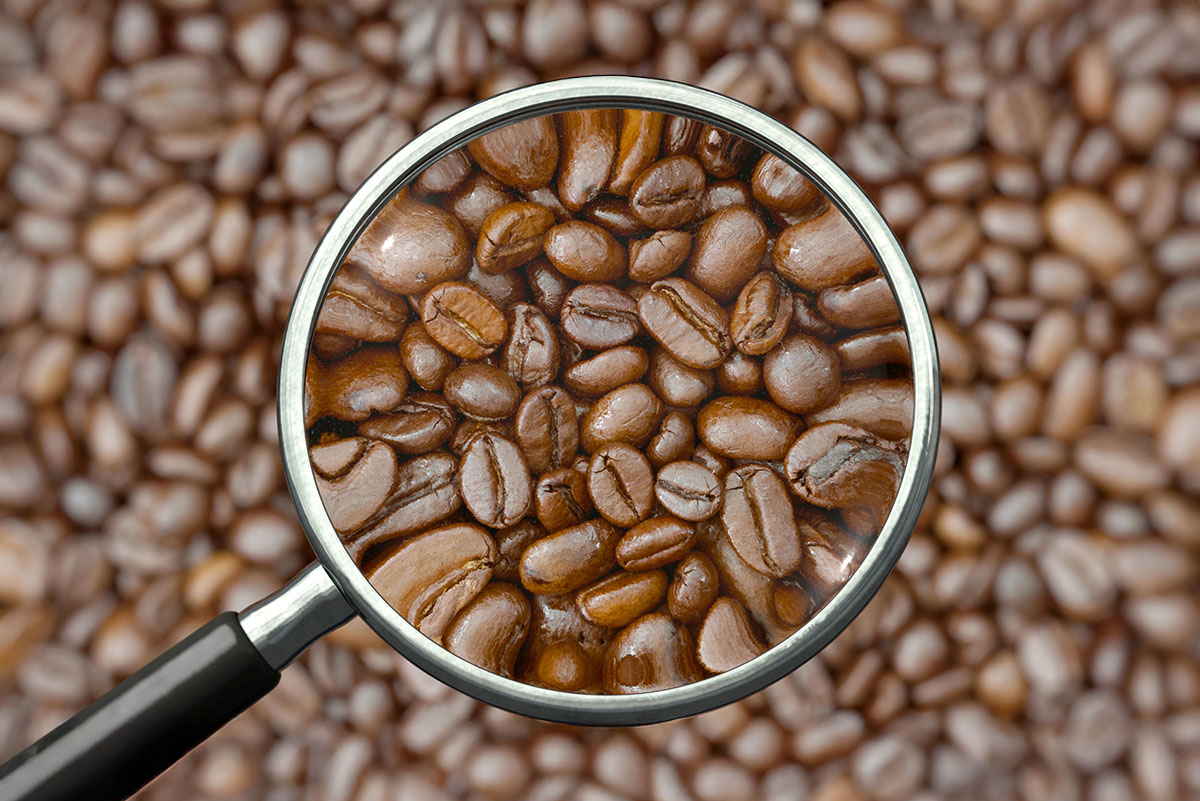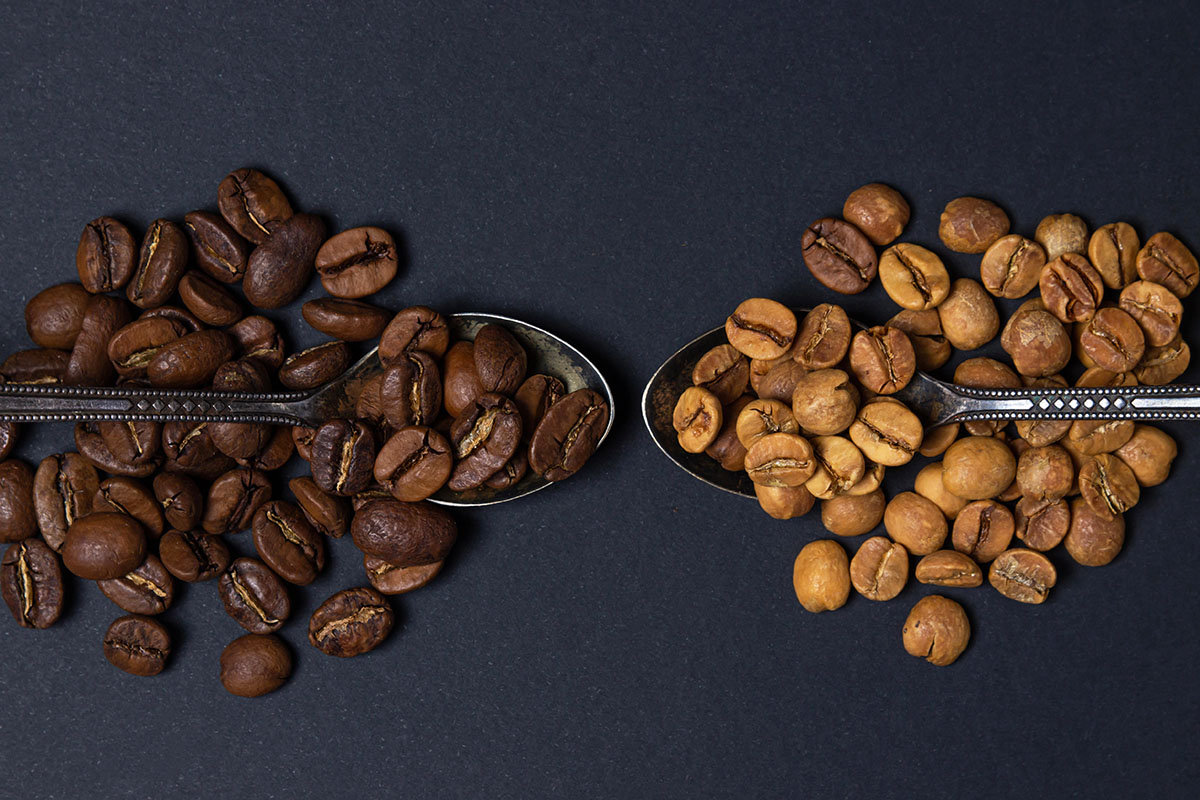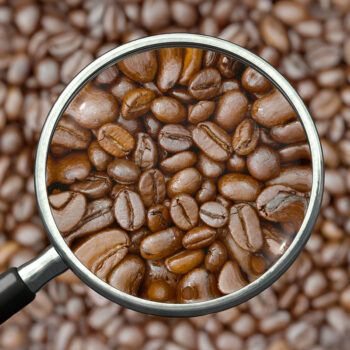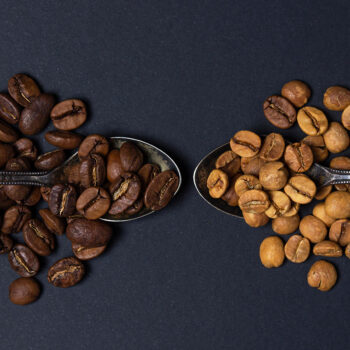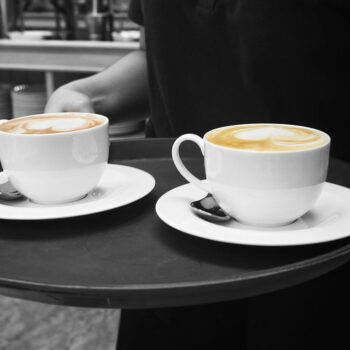It is well known that caffeine can stimulate the body’s nervous system in order to create an adrenaline boost. This is ultimately the reason why many head to their favorite coffee shop early in the morning on their way to work. While it seems like some of us can’t get enough of the stuff, others can’t have a small serving without feeling jittery and staying up all night. Why is this the case?
Occurring naturally, caffeine can be found in a multitude of sources such as kola nuts, tea leaves, coffee beans, and cacao beans. Some foods also contain caffeine, which can pose a challenge for people who are especially sensitive to caffeine. These involve many ice cream flavors, cereals, puddings, and even decaf coffee and hot chocolate, although those have lower concentrations.
When it comes to caffeine sensitivity, there ae a few factors that can cause someone to have a more pronounced reaction. While most of them are outside our control, they can help inform how much of an effect you can expect to feel after consuming a caffeinated drink or food. Below are 6 factors known to be linked to caffeine sensitivity.
1. Being Male
There is a wealth of scientific evidence showing that men metabolize caffeine at a slower rate than women. Because of this slower rate, caffeine stays in the male body for a longer period of time, causing its effects to last longer. With this in mind, it is no wonder why men are on average at a higher risk of being highly sensitive to caffeine when compared to women.
2. Being a Woman on Birth Control
Being on birth control can easily increase a woman’s caffeine sensitivity, but these effects normally level out to a degree. This is because birth control medications and caffeine compete over a liver enzyme that is used for both estrogen processing and caffeine metabolism. After a birth control pill is taken and absorbed into the body, the body processes the contraceptive faster than the caffeine due its synthetic nature. This makes caffeine sit in the body for a longer period of time before it can be metabolized by that enzyme.
3. Taking Certain Medications
A few medications can have some sort of reaction when caffeine is taken in, causing caffeine sensitivity to become stronger. It has been shown that supplements such as Echinacea and theophylline can make the effects of caffeine last longer. Make sure to ask you healthcare professional about any adverse reactions that may occur with caffeine if you’re on any medications.
4. Having Certain Genes
Our body’s genes play a large role in the way caffeine is metabolized and processed. This means your own body can make you more sensitive than you need to be. It is believed that the gene known as ADORA2A has a correlation with different sleep effects commonly associated with caffeine. It is also believed that six other genes could be related to the way caffeine gets metabolized, making some people prone to becoming “hooked” on the stimulant.
5. Rarely Consuming Caffeinated Products
If you rarely or never have a caffeine drink of some sort, then you will surely receive a higher caffeine kick as compared to those who regularly experience it or have a tolerance. It can be thought of as the body having “practice” with handling caffeine. If someone consumes it for the first time, then it is reasonable to expect that they will have a higher level of sensitivity.
6.Having High Levels of Anxiety
Having a high amount of anxiety can be worsened by caffeine, as the stimulant can make symptoms become more serious. In fact, a panic attack can be triggered, insomnia could set in, and any disorder associated with anxiety could become heightened.
Conclusion
Having high levels of caffeine sensitivity can be a frightening experience if you have never consumed it. This is why it is important to know what can trigger it so that you can decide whether or not to enjoy the stimulant. Although there is no way to change the factors that can cause the sensitivity, you can decide if you wish to consume it at all or not and adjust the amount accordingly. For those who are sensitive to caffeine, try out some of these low-caffeine alternatives next time you visit your local coffee shop.


